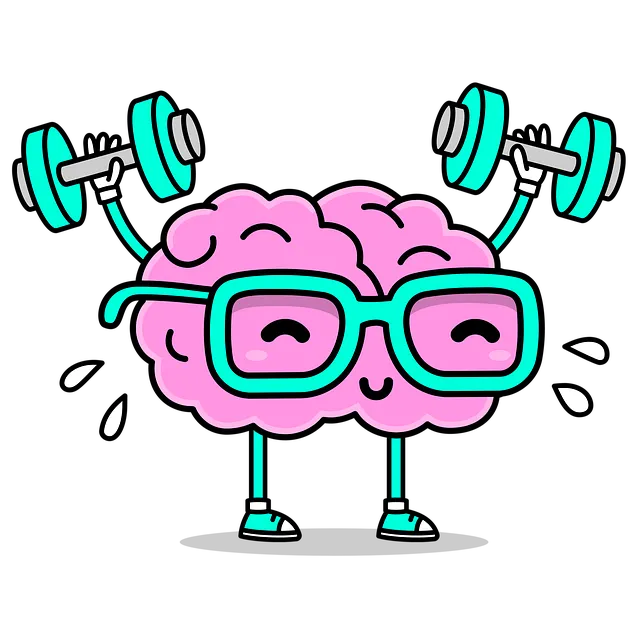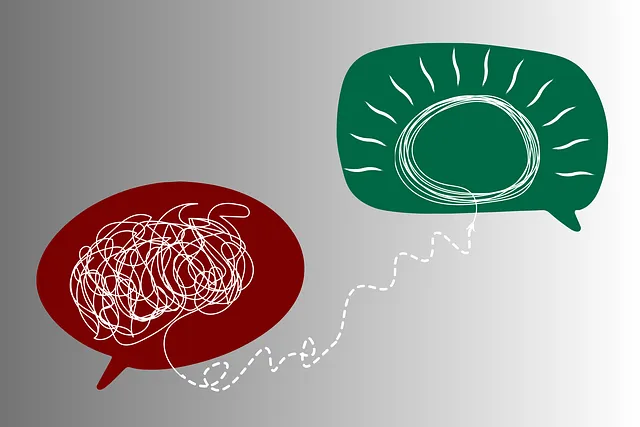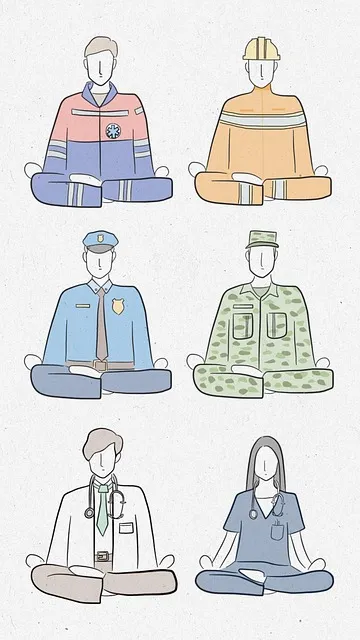The Kaiser Permanente mental health facility in Boulder prioritizes resilience through various exercises focusing on adaptability and stress management for both staff and clients. Using data-driven tools like RFM analysis, they identify at-risk patients and deliver tailored interventions. An inclusive approach incorporates Mind Over Matter Principles via journaling and group sessions to foster diverse patient growth. The Recovery-Focused Mental Health (RFM) program integrates coping skills development into treatment plans through workshops, group sessions, and individual therapy. Long-term impact is measured using KPIs like reduced anxiety and enhanced social support, emphasizing the facility's commitment to fostering lasting resilience in a supportive community.
At the Kaiser Permanente Mental Health Facility in Boulder, resilience building exercises (RBE) have emerged as a powerful tool for enhancing patient wellbeing. This article explores the implementation of RFM (Reach, Frequency, Monetary Value) strategies to identify high-potential patients and design effective RBEs tailored to a diverse population. We delve into successful implementation within a mental health setting, focusing on strategic approaches, and examine the measurement of outcomes and long-term effects on patient resilience. Discover how these innovative practices are revolutionizing care at Kaiser Permanente Boulder.
- Understanding Resilience and its Impact at Kaiser Permanente Mental Health Facility Boulder
- The Role of RFM (Reach, Frequency, Monetary Value) in Identifying High-Potential Patients
- Designing Effective Resilience Building Exercises for a Diverse Population
- Implementing the Program: Strategies for Success within a Mental Health Setting
- Measuring Outcomes and Long-Term Effects on Patient Wellbeing
Understanding Resilience and its Impact at Kaiser Permanente Mental Health Facility Boulder

At Kaiser Permanente Mental Health Facility Boulder, resilience is understood as the ability to adapt and bounce back from adversity, stress, or trauma. This concept is crucial in the mental health sector, where professionals often encounter individuals facing various challenges and hardships. Building resilience among both staff and clients is a game-changer in fostering a supportive environment.
By implementing resilience-focused exercises, the facility aims to enhance coping mechanisms and promote overall well-being. These initiatives include public awareness campaigns development, encouraging open conversations about mental health struggles, and providing tools for stress management. Moreover, risk assessment for mental health professionals plays a vital role in ensuring their own resilience, enabling them to effectively support others. Through these comprehensive approaches, Kaiser Permanente Mental Health Facility Boulder strives to create a resilient community, where individuals can navigate life’s challenges with greater strength and perseverance.
The Role of RFM (Reach, Frequency, Monetary Value) in Identifying High-Potential Patients

At the Kaiser Permanente mental health facility in Boulder, understanding patient engagement is key to delivering effective care. RFM analysis plays a pivotal role in this strategy by identifying high-potential patients who may benefit from enhanced support and interventions. Here, RFM stands for Reach, Frequency, and Monetary Value – metrics that offer valuable insights into patient behavior and needs.
By analyzing how often patients engage with the facility’s services (Frequency), their financial contribution (Monetary Value), and the extent of their reach through various channels, mental health professionals can pinpoint individuals at risk of burnout or those struggling with stress management. This data-driven approach is particularly crucial for implementing targeted interventions aimed at preventing burnout among mental health professionals, as well as enhancing overall patient resilience. A comprehensive RFM analysis allows the Kaiser Permanente Boulder facility to tailor its services more effectively, ensuring that resources are directed towards where they’re most needed.
Designing Effective Resilience Building Exercises for a Diverse Population

Designing effective resilience-building exercises for a diverse population at Kaiser Permanente mental health facility Boulder requires tailoring activities to cater to various backgrounds and needs. Each individual brings their own unique experiences, strengths, and challenges, necessitating an inclusive approach. For instance, incorporating Mind Over Matter Principles into exercise routines can empower patients from all walks of life. These principles focus on cultivating positive thinking, self-awareness, and emotional regulation skills, which are universally beneficial for mental wellness.
To facilitate this, the mental health facility could offer diverse options such as Mental Wellness Journaling Exercise Guidance. This encourages individuals to reflect on their experiences and emotions, fostering personal growth and coping skills development. Additionally, group activities centered around problem-solving, stress management, or mindfulness meditation can create a supportive environment where participants learn from each other’s diverse perspectives, ultimately building resilience together.
Implementing the Program: Strategies for Success within a Mental Health Setting

Implementing a resilience-building program, such as RFM (Recovery-Focused Mental Health), within a Kaiser Permanente mental health facility in Boulder requires careful planning and tailored strategies to ensure success. The first step is to integrate coping skills development into the fabric of treatment plans. This involves educating both patients and staff about the benefits of building resilience, with a focus on preventing depression and promoting overall well-being. Workshops, group sessions, and individual therapy can all be utilized to teach effective communication strategies, mindfulness practices, and problem-solving techniques.
For optimal results, these exercises should be regularly reviewed and adapted based on patient needs and feedback. Encouraging open dialogue between patients and therapists facilitates a supportive environment where individuals feel empowered to share their experiences and learn from one another. By incorporating these initiatives, Kaiser Permanente mental health facilities in Boulder can enhance the effectiveness of care, foster a sense of community, and ultimately support individuals in developing lasting resilience.
Measuring Outcomes and Long-Term Effects on Patient Wellbeing

Measuring the outcomes and long-term effects of Resilience Building Exercises (RBE) is a critical component of their implementation at the Kaiser Permanente mental health facility in Boulder. By integrating RBE into patient care, the facility aims to not only improve immediate symptoms but also foster lasting resilience against stressors. This involves tracking key performance indicators (KPIs) such as reduced anxiety levels, increased coping mechanisms, and enhanced social support networks among participants over time.
The success of these exercises is often evident in the improved patient wellbeing observed at follow-up sessions. Effective RBE programs should not only teach stress reduction methods like mindfulness and relaxation techniques but also incorporate cultural sensitivity in mental healthcare practice to cater to diverse patient populations. Moreover, enhancing communication strategies between patients and care providers can significantly impact the overall effectiveness of these interventions, creating a supportive environment that encourages open dialogue and understanding.
The implementation of resilience-building exercises, guided by RFM analysis, at the Kaiser Permanente Mental Health Facility in Boulder has shown promising results. By targeting high-potential patients and tailoring interventions to diverse needs, this program enhances overall patient wellbeing. The successful strategies outlined here provide a roadmap for other mental health settings to incorporate similar initiatives, fostering resilience and improving long-term outcomes for their clients.






